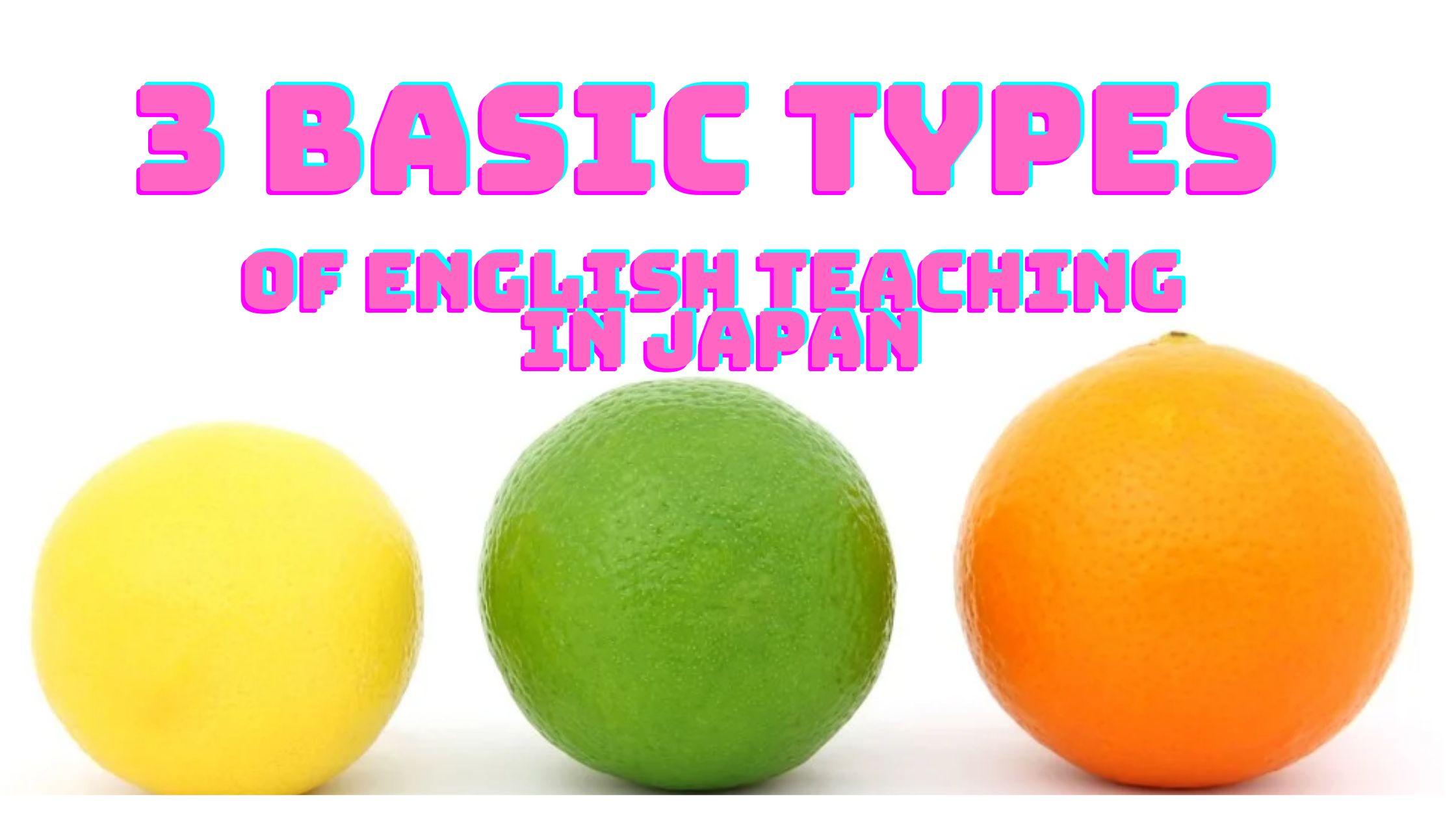
Although the initial panic and the semi-official “shutdown” are behind us, the social and economic impact of the situation continue to affect us even as rumors of a “second wave” haunt the country. Is it safe in Japan? And especially for English teachers whose work would seem to preclude social distancing, can we continue to work in such an atmosphere?
One major way English schools in Japan are addressing the concerns of both students and staff, is through a number of safety precautions aimed to reduce (or at least appear to reduce) the risk of person-to-person infection.
Mask Up
Out on the streets mask wearing is optional, though socially expected. The story is different inside shops and, naturally, inside English schools throughout Japan. Wearing a mask helps to alleviate students’ fears of the virus. It reassures students that it’s safe to come back to lessons.
One complication is special to the English-teaching industry: masks both muffle voices, and visually block your mouth. For low-level students and those working on listening, this can be a big hurdle. One option is to invest in a clear face shield-type mask, allowing the students to see you producing the sounds of English and confirm what they’re hearing.
Reassure Students
Many students stay away from lessons out of fear. Fear of contracting the virus, of exposing themselves to it by coming to your lesson. Now, if we assume common sense – that in this climate you wouldn’t go to the school if you were honestly sick, and neither would your students – then combined with the masks and other precautions, teaching English should be relatively safe. It doesn’t always feel like it though, which is why teachers need to be especially reassuring at this time.
If a student comes to your lesson and expresses their misgivings about the virus and coming out, be sure to highlight the ways in which you and/or your school are working to prevent it. Being a comfort to your students in this time will also make your lesson a welcome refuge from the heightened tensions in the world outside. Helping your students laugh, relax, and feel some learning accomplishment aren’t just fun – doing so is what will help keep your bread & butter coming in despite the situation.
Apply for Government Aid
There’s no beating around the bush: the English-teaching business is hurting right now, and it won’t recover immediately. There are a few options for government grants and aid out there which will massively help you get the money to get through these lean times. As with most things in Japan, the bureaucracy grinds slow and the paperwork is daunting – so start early and get your applications in as soon as possible.
Is this a good time to come to Japan to teach English?
It’s difficult to set a timeline for recovery, given the uncertainty of the coronavirus situation. One one hand, some schools and school locations in the industry have shuttered, putting more experienced teachers (your competition) on the job market. On the other hand, a number of teachers packed up and left to weather the storm back home. This potentially has left room for a climate favorable to Japan teaching job-seekers as the recovery picks up speed. It would be wise to keep an eye on the economic news and online job-posting sites for signs of a rebound.


